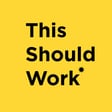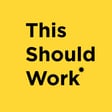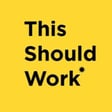
TSW* S1E4 - Ellen Schmidt-Devlin of University of Oregon
TSW* welcomes Ellen Schmidt-Devlin, co-founder and Executive Director of the Sports Product Management Program at the University of Oregon. Ellen’s illustrious career spans 27 years at Nike, where she worked closely with legendary coach Bill Bowerman and gained invaluable experience in product development, merchandising, and international business management.
Ellen’s journey is marked by her passion for advancing women’s sports and her commitment to sustainability and innovation in the sports product industry. In our conversation, we delve into her experiences at Nike, the challenges and triumphs she faced, and her pioneering efforts in establishing the SPM program, which equips students with the skills needed to excel in the sports product sector.
We also explore her documentary, “We Grew Wings,” which celebrates the history and achievements of the University of Oregon’s women’s track and field teams, highlighting the impact of Title IX and the ongoing fight for gender equality in sports.
Whether you’re an aspiring athlete, an industry professional, or simply interested in sports and innovation, this episode is packed with insights and inspiration from Ellen’s remarkable career and dedication to nurturing the next generation of leaders in sports product management.
Tune in to gain valuable perspectives and be inspired by Ellen’s journey and her relentless pursuit of excellence in the sports industry.


